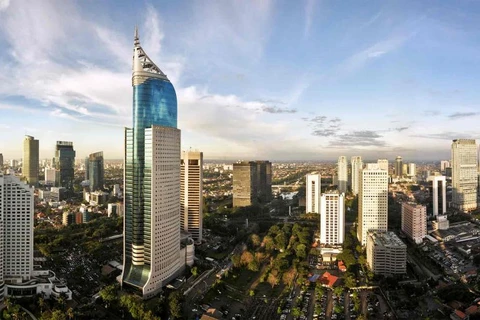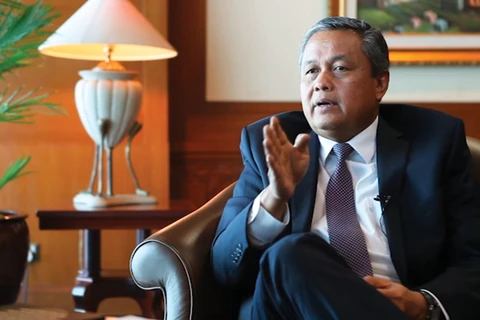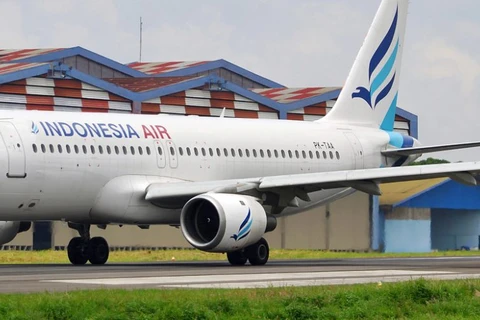Jakarta (VNA) - Indonesia’s Home Affairs Minister Tito Karnavian has listed 10 measures that can be applied by regional administrations to control inflation.
According to Karnavian, controlling inflation should be a top priority.
“I understand that fellow regional leaders all have a lot of problems in their respective regions, but the issue of inflation is just like overcoming a pandemic, make it the number one issue," he was quoted by Antara news agency as saying at a regional inflation control coordination meeting on October 24.
He underlined the importance of public communication, elaborating that regional governments must not make mistakes in delivering messages or information as it could stir panic among people.
It was necessary for regional governments to activate regional inflation control teams at the provincial, district, and city levels, the minister said, adding that the teams must improve collaboration, show consistency in performing their functions and duties, and conduct coordination meetings on a regular basis.
Regional administrations must mobilise food task forces, whose duty is to report on food prices and commodity availability. The results of the reports will be checked by the Home Affairs Ministry, in terms of prices and availability, especially if there are any distribution problems.
The disbursement of fuel oil subsidies must be monitored to make sure that they are allocated effectively.
He also highlighted the need to urge people to use electricity according to their needs.
The initiative to plant fast-harvesting crops should be encouraged as an effort to meet household food availability, the minister said.
It is essential for regional governments to cooperate with other regions, including for meeting the demand for all strategic commodities, wherein regions with shortages can obtain commodities from regions with surplus stocks.
He said local governments should improve social safety nets such as unexpected expenditures, social assistance, village budgets, relocation of general allocation funds, and central social assistance.
Statistics Indonesia and Bank Indonesia should regularly publish the inflation figures of districts and cities so that people can support local authorities in carrying out policies effectively, Karnavian said./.
























